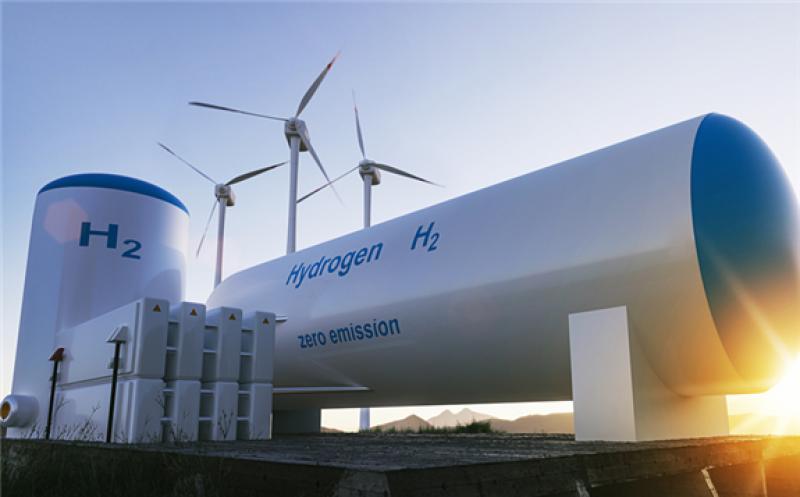The European Commission bets on clean hydrogen as a strategic asset and energy source to help the EU achieve its transition to a sustainable economy. Through the European Clean Hydrogen Alliance, it aims to promote the use of this type of hydrogen as a viable and competitive fuel in Europe.

In addition, this alliance aims to make clean hydrogen (also known as green) accessible throughout the EU and promotes the establishment of a green hydrogen market that contributes to economic growth and job creation.
“The transformation of energy generation through electrification from renewable sources is essential in a low-carbon economy. New sources of clean energy, such as hydrogen, will complement the previous strategy and will play a very relevant role in the most intensive industries´ transitions,” explained BBVA´s Head of Global Sustainability Office, Ricardo Laiseca.
The alliance has more than 900 partners from different fields (the public and private sectors, research institutions, civil society, NGOs, unions, etc.). In addition to BBVA, other participants from the financial sector include Citi, Deutsche Bank, ING, and Natixis.
In order to join, an organization must sign the declaration committing itself to the shared vision of the alliance and to contributing to its operational work. Among other things, the members as a whole commit to a program of investments and projects. They will also mobilize resources and participants to install at least 6 GW of hydrogen electrolyzers by 2024—the most profitable process to produce clean hydrogen through renewable energy— and 40 GW before 2030.
Green hydrogen is considered a sustainable growth engine for economic recovery within the EU´s new industrial strategy and is also part of the Spanish recovery plan and its 2030 Agenda. Plans include a focus on employment, education, the transformation of production and consumption models, the fight against climate change through an ecological transition and decarbonization, the digital revolution and innovation, as well through health and social welfare.
The EU´s strategy is to subsidize this emerging industry while lowering production costs above all. According to their estimates, €430 billion will be generated by 2030 in green hydrogen, between government public funds and private investment.
The International Energy Agency (IEA) estimates that in 2030 the production of clean hydrogen will reach 7.92 million tonnes per year (in 2021 a production of 0.55 mt/year is expected).
Obtaining hydrogen through the chemical process known as electrolysis makes it possible to produce energy without emitting carbon dioxide into the atmosphere. In this way, 830 million tonnes of annual CO2 emissions are saved per year that originate when hydrogen is produced using fossil fuels. According to the IEA, almost 75 million tonnes of hydrogen are produced annually, but the vast majority is still made from fossil fuels (brown hydrogen).
The European Clean Hydrogen Alliance plans to organize a “Hydrogen Forum” in June 17-18, 2021. The event will bring together project promoters with investors.
Sustainability is a strategic priority for BBVA. The financial institution recently announced that it will reduce its exposure to coal-related activities to zero, ceasing to finance companies in these activities before 2030 in developed countries and before 2040 in the rest of the world.
BBVA became the second most sustainable bank in the world in 2020, and first in Europe according to the Dow Jones Sustainability Index (DJSI)